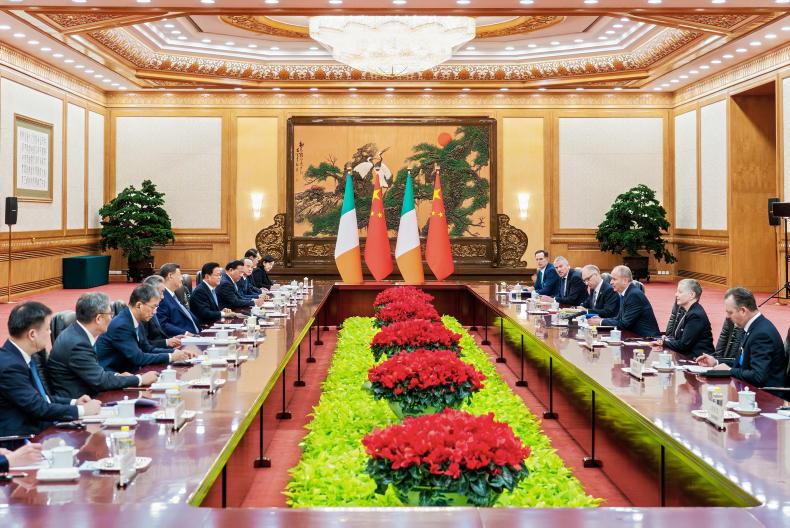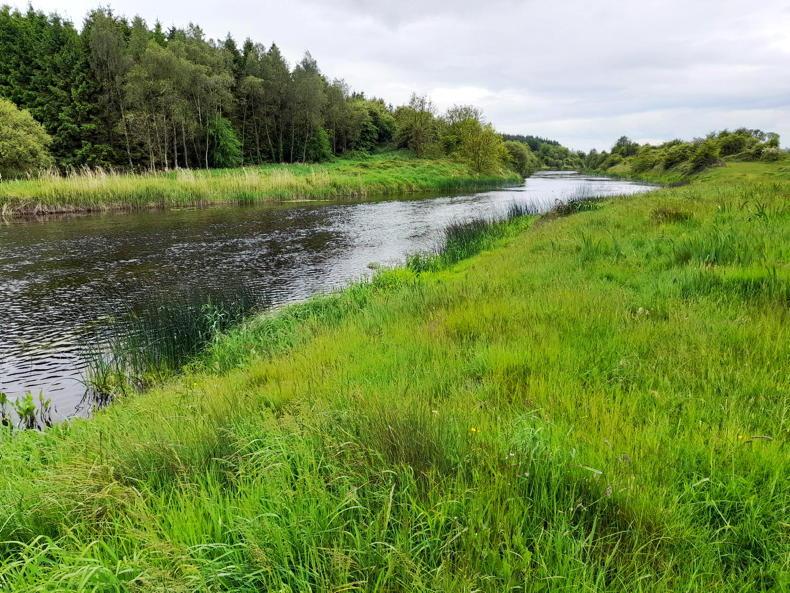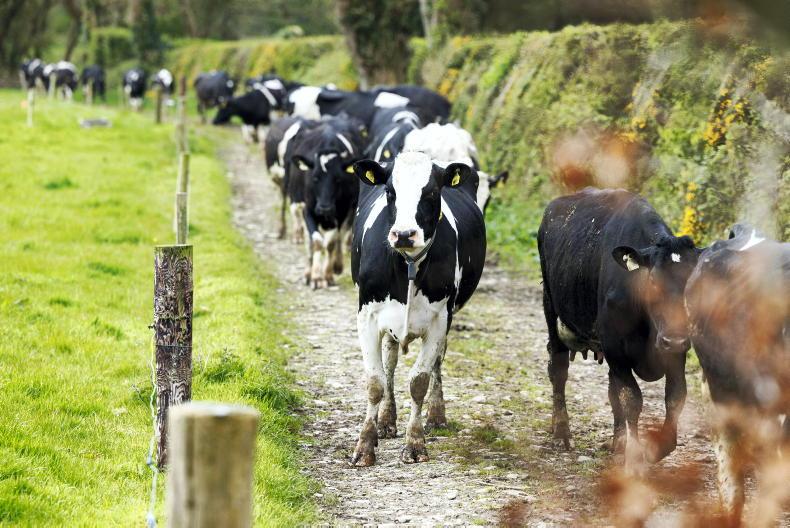Will New Zealand regulate farmers more in the future?
Already, the economy outside of agri is exposed to a price on emissions, such as transport, heat or electricity production. But the agri sector, which accounts for 15% of emissions, don’t see a price on emissions currently. So we are consulting on that while at the same time pushing through the zero carbon bill.
What exactly is the zero carbon bill?
This bill sets targets for emissions. By 2050 we promise to be making no contribution to global warming. In respect of methane, we commit to substantially reduce it by 10% in gross terms by 2030, and by 2050 to reduce it by 22-47%. But there is still some scientific uncertainty as to what percentage methane needs to be reduced by in order to stop global warming.
How will these targets be met at farm level?
We have looked at the plantain plant to help reduce nitrous oxide. It is only part of the solution. Over 20 years, we have reduced methane per kilogram of milk solids or meat by 1% per annum. In the past, we have given in to volume growth, so we have improved the efficiency but increased the intensity. In the future I am confident we can do 1% per annum on the basis of history. If we have a technological breakthrough, we may do substantially better. We must ensure that some of the efficiency gains are given to the environment in the future rather than to volume growth.
Has peak cow been reached in NZ?
We are not going to see the steep increase in output that we have seen in the last couple of decades. Some are environmental reasons and some are economic.
Is water quality an issue?
We are increasingly careful about nitrate flows into water. Although New Zealand rivers are cleaner than most around the world we have still got some trends going the wrong way. We are bringing in a new nitrates regulation.
What will a nitrates regulation look like in NZ?
Nitrates is a problem only in parts of New Zealand. It won’t be input based. It will be output based, but while it is harder to measure, it is more efficient.
If people can farm at a higher stocking rate without having an adverse impact on the environment, why would you stop them. We are developing tools that model outputs from the land, which we are spending a lot of money on.
Do you see forestry as a solution to reducing emissions?
In the short term, there is a place for forest offsets. But if you were to offset your emissions for the next 30 years by planting pine forests, you will be unable to cut it down because that causes emmisions. That means you need to leave it up, you need to plant more trees in 30 years, and then eventually run out of land for anything else. So you need to be careful.










SHARING OPTIONS